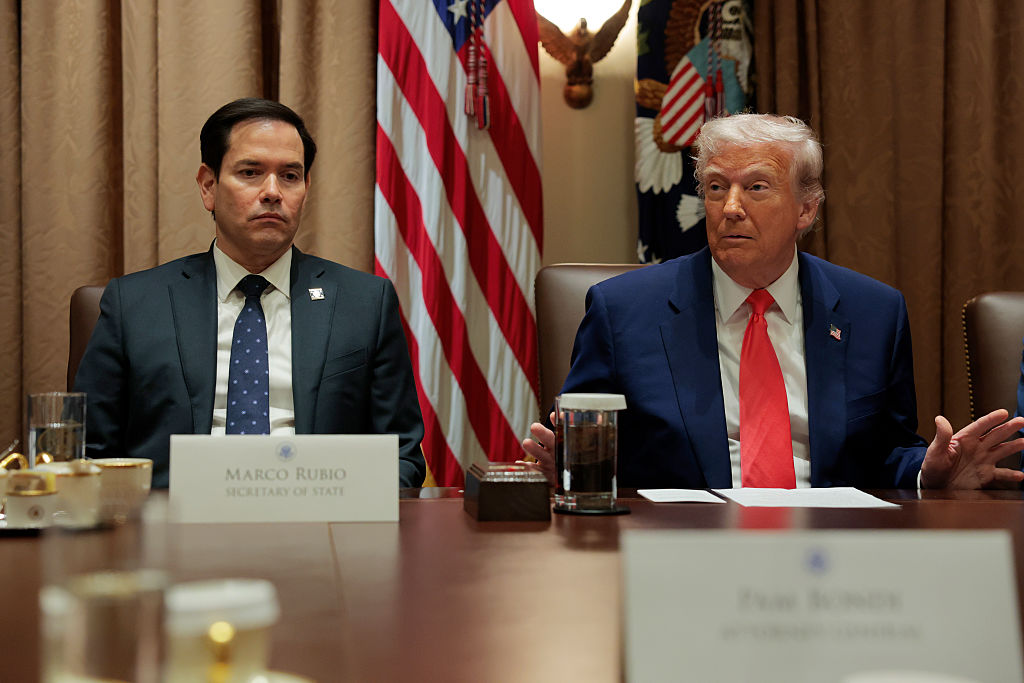Trump administration orders hospitals to bypass CDC in reporting COVID data
The Trump administration is instructing hospitals to bypass the Centers for Disease Control and Prevention (CDC) in reporting their COVID-19 data to the government each day, effective Wednesday.
"As of July 15, 2020, hospitals should no longer report the Covid-19 information in this document to the National Healthcare Safety Network site," the Department of Health and Human Services said in a document providing guidelines for hospitals on how to submit coronavirus data.
The National Healthcare Safety Network (NHSN) site is managed by the CDC. Jennifer Kates, senior vice president and director of Global Health & HIV Policy for the Kaiser Family Foundation, told CBS News that the CDC "has historically been the repository for public health data and analysis," and has also played this role for the collection of COVID-19 hospital data.
"CDC plays a critical role as the nation's public health agency in analyzing the data and making it available," Kates said. "A key question is how with the CDC be involved going forward?"
The administration says that it's changing the way data is reported because it's trying to streamline the process, stating that there are "many separate" government entities asking for duplicate information. According to guidance issued by the White House Coronavirus Task Force, the federal government will use the data to calculate how resources, treatment and supplies are allocated. The daily data reporting it demands from hospitals will be "the only mechanism" used to make the government's calculations. In the past it has made "one-time requests for data" for use in determining how treatments like Remdesivir should be distributed.
HHS and CDC use the data differently — while HHS has been using it to evaluate supply needs, Kates pointed out, CDC utilizes it "to analyze trends across the country and by state.
In the document, HHS directs hospitals and health care providers to submit data about their handling of the pandemic every day — including information about patients, the number of beds and ventilators available, and staffing shortages — through a portal on the HHS website that was launched on April 10.
"The completeness, accuracy, and timeliness of the data will inform the COVID-19 Task Force decisions on capacity and resource needs to ensure a fully coordinated effort across America," the document says.
But unlike the CDC's site, the HHS database gathering coronavirus information will not be open to the public, raising concerns about transparency.
Immunology specialist Dr. Neeta Ogden said in an interview with CBSN Wednesday that the directive to bypass the CDC was a "startling mandate."
"Will there be transparency? There is concern it's not going to be public so there are a lot of issues here…how this administration has politicized science and undermined health experts," she said, adding, "that is a big concern here as we try to reopen the country."
HHS chief information officer Jose Arrieta says that HHS is looking at ways to make the data available to the public. He insists, however, that the CDC would have access to the data in the new system, and so would state and local health departments. "No one is taking access or data away from CDC," Arrieta said in a call with reporters Wednesday. "The access is the same today as it was yesterday."
Arrieta also said that the new site was set up in consultation with the CDC.
The administration's decision to change the way COVID-19 data is reported may be designed to improve the process of data gathering and decision making, Kates said, "but it also raises questions about the risk of further politicizing the data and the response to the pandemic. Making the data public would go a long way to addressing these concerns."
The move also comes as President Trump's opponents have criticized the president for appearing to undermine his own medical experts in the administration.
Mr. Trump has been finding fault with Dr. Anthony Fauci, the nation's leading infectious diseases expert and a member of the White House Coronavirus Task Force. In an interview with CBS News senior investigative correspondent Catherine Herridge on Tuesday, Mr. Trump said that he believed Fauci was a "really good guy" but had made some mistakes.
"I like Dr. Fauci. To me, he's a really good guy and a nice guy, but he's made mistakes," Mr. Trump said.
White House trade adviser Peter Navarro wrote an op-ed published in USA Today Wednesday condemning Fauci and claiming he has been wrong on numerous occasions. However, White House director of strategic communications Alyssa Farah said that Navarro's op-ed "didn't go through normal White House clearance processes and is the opinion of Peter alone." The opinion piece was similar to what Navarro said of Fauci Sunday to CBS News.
When asked about Navarro's op-ed on Wednesday, Mr. Trump replied: "That's Peter Navarro, but I have a very good relationship with Dr. Fauci."
The president has also repeatedly pushed for schools and businesses to reopen, even as several states see spikes in coronavirus cases. According to data from Johns Hopkins University, over 131,000 Americans have died of the coronavirus, and 3.4 million people have confirmed cases.



